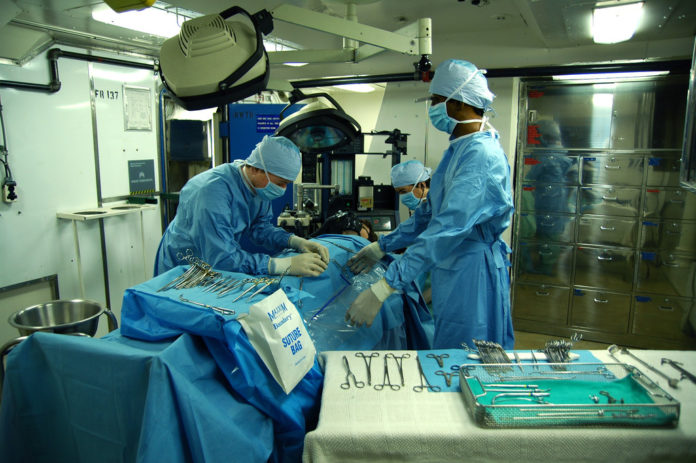Kidney donors are at risk of higher diastolic blood pressure, poorer renal function and end stage renal disease (ESRD), a study by the University of Cambridge published in the Annals of Internal Medicine. Female donors are at a higher risk of preeclampsia – a pregnancy complication associated with high blood pressure.
Researchers reviewed 52 published studies comprising more than 100,000 living kidney donors and more than 110,000 nondonors to assess the mid- and long-term health risks associated with living kidney donation in adults.
However there was evidence that living kidney donors had higher risk for mortality, cardiovascular disease, or type 2 diabetes, or reduced quality of life. Lead author, Emanuele Di Angelantonio, MD, Director of the National Institute for Health Research (NIHR) Blood and Transplant Unit (BTRU) in Donor Health and Genomics suggested that the findings may be used to inform prospective donors of the risks associated with kidney donation.
“Although living kidney donation is associated with higher RRs (relative risks) for ESRD and preeclampsia, the absolute risk for these outcomes remains low. Compared with non-donor populations, living kidney donors have no increased risk for other major chronic diseases, such as type 2 diabetes, or for adverse psychosocial outcomes,” the study concluded. In India lack of donors is the primary reason why transplant programmes have failed to take off despite a very high rate of organ failures necessitating the procedure thanks to the high burden of hypertension and diabetes. According to the Indian Transplant Registry only 20,952 kidneys have been ever donated in India.
The authors of an editorial from the University of Pennsylvania write that despite six decades of living kidney donation, large and high-quality studies of ESRD and other relevant outcomes after donation have been completed only in the past decade. While the systematic review and meta-analysis provide some important answers, the field is still a long way from offering precise risk estimates to prospective donors.
The study was funded by the NIHR Blood and Transplant Research Unit with the NIHR Cambridge Biomedical Research Centre funding part of the study.


